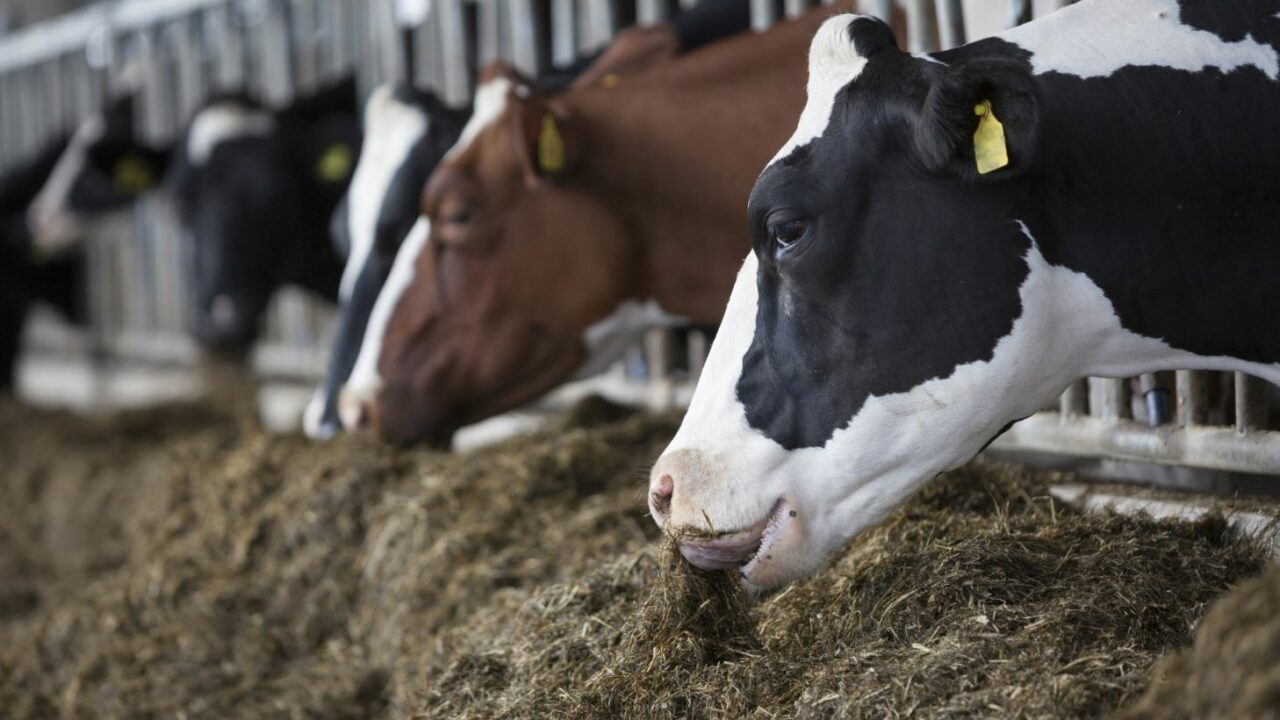Telling the world that Ireland has some divine right to produce all the milk it wants in the wake of dairy quotas being abolished doesn’t really make sense.
After all, every other European Union (EU) member state was curtailed in equal measure by the quota regime over a period of 30 years.
A number of dairy commentators have been highlighting the potential for volatility to wreak havoc within the sector over recent days. And they are right to do so. But the fact remains that world dairy markets are, fundamentally, driven by supply/demand factors.
So, at times of surplus output, it makes sense to encourage a controlled production response on the part of individual farmers. This can be achieved at EU level, provided each member state – including Ireland – plays ball.
There is also a major question-mark over the availability of intervention for skimmed milk powder into the future.
Given the UK’s pending departure from the EU, Brussels will be very circumspect in the ways that it spends its money over the coming years.
The past decade has seen agriculture move down the EU’s list of priorities. And this trend will, most likely, gain greater momentum during the period ahead as every effort is made to harmonise the standard of living enjoyed by former Eastern Bloc countries.
The last thing the dairy sector needs is to be in a state of total unpreparedness for the next downturn in market fortunes.
What’s needed now is a genuine cross-European debate on how the milk sector can implement sensible policies that will help stabilise its fortunes at those times of severe market pressure.
Ireland has no choice but to play an active part in this process. Doing ostrich impressions and avoiding the issue is a road to nowhere. Moreover, such a ‘head in the sand’ approach sends out all the wrong messages to all our European partners.
